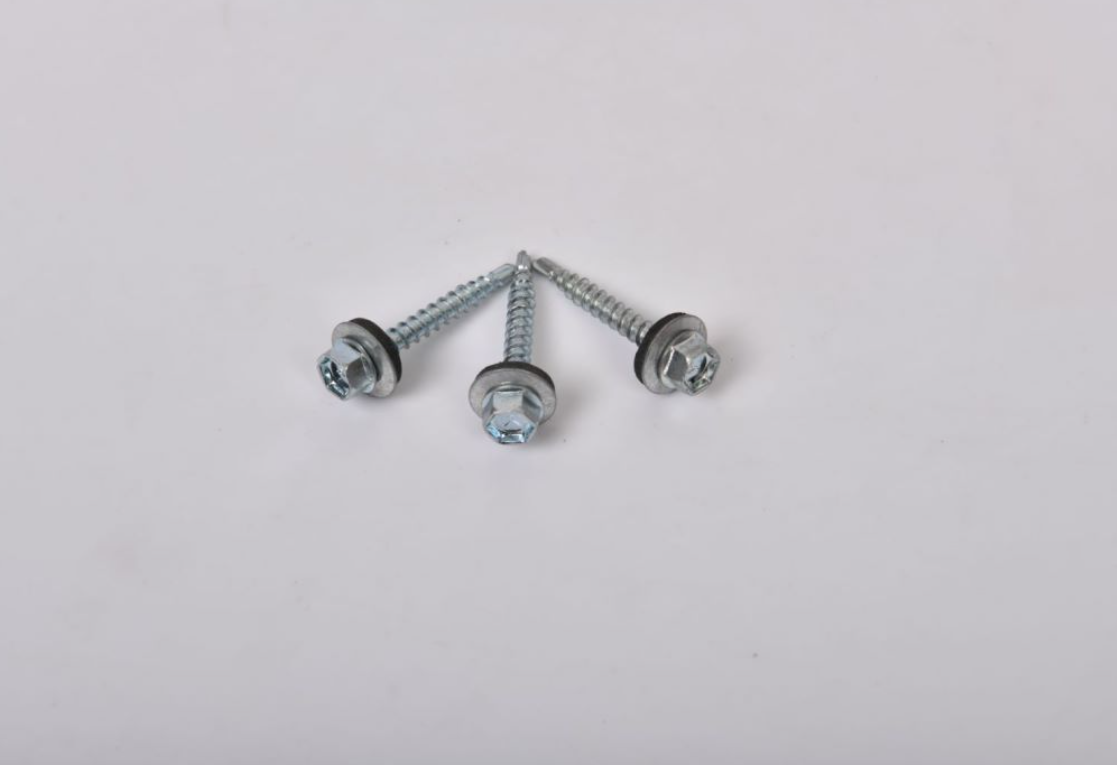most common drywall screw size
Most Common Drywall Screw Sizes A Comprehensive Guide
Drywall installation is an essential part of construction and renovation, and using the right materials is crucial to ensure a sturdy and long-lasting result. One of the most important components in drywall installation is the drywall screw. Understanding the various sizes and types of drywall screws is vital for both professionals and DIY enthusiasts. This article explores the most common drywall screw sizes and their applications.
What Are Drywall Screws?
Drywall screws are specially designed screws used to attach drywall sheets to wooden or metal studs. They typically have a thin body with a sharp, pointed tip to facilitate easy penetration into various materials. The unique threading allows for a secure hold in the drywall while minimizing the risk of tearing or damaging the material.
Common Sizes of Drywall Screws
The most frequently used sizes of drywall screws are typically categorized by their length and diameter. The standard sizes include
1. 1 inch This size is generally used for attaching drywall to metal studs. Its shorter length is perfect for securing the panels without risking penetration into the underlying framework.
2. 1.25 inches A popular choice for attaching drywall to wooden studs, this screw length provides enough grip in the studs while still being short enough to prevent any damage to the wood.
3. 1.5 inches This length is often used for standard drywall applications in thicker or double-layer installations, especially when working with 5/8-inch drywall. It offers added security in holding the drywall firmly in place.
4. 2 inches Ideal for situations where additional hold is necessary, such as in ceilings or when using thicker panels. This longer screw is great for thicker framing or unique installations.
5. 2.5 inches This size is rarely needed for standard drywall installation but can be used in specific applications, such as securing drywall to your framing over an insulation layer or in commercial-grade projects where extra adherence is required.
most common drywall screw size

6. 3 inches While not commonly used for standard drywall applications, this size is worth noting for unique construction projects that may require additional fastening strength.
The Importance of Screw Type
In addition to length, drywall screws vary in terms of their head types and coatings. The most common head types include
- Bugle Head These heads are designed to sink into the drywall surface without tearing it, providing a smooth finish. They are the most commonly used type for drywall.
- Phillips Drive The majority of drywall screws feature a Phillips drive, which allows for better grip and torque when using a power drill.
- Coated vs. Uncoated Many drywall screws are coated to prevent rust and improve holding power in humid conditions. Zinc or epoxy coatings offer increased durability, especially in areas prone to moisture.
Choosing the Right Size
Selecting the right size of drywall screw depends on several factors, including the thickness of the drywall, the material of the studs, and the specific requirements of your project. For most residential drywall installations, 1.25-inch to 1.5-inch screws will suffice. However, always consider your local building codes and specific project needs.
Conclusion
Understanding the various drywall screw sizes and their appropriate applications is essential for a successful drywall installation. Using the right screws not only ensures a stable and secure installation but also helps to achieve a professional finish. By familiarizing yourself with the common sizes and types, you’ll be better equipped to tackle any drywall project with confidence. Whether you are a seasoned contractor or a weekend warrior, making the right choice in drywall screws can make all the difference in your project's outcome.
-
Top Choices for Plasterboard FixingNewsDec.26,2024
-
The Versatility of Specialty WashersNewsDec.26,2024
-
Secure Your ProjectsNewsDec.26,2024
-
Essential Screws for Chipboard Flooring ProjectsNewsDec.26,2024
-
Choosing the Right Drywall ScrewsNewsDec.26,2024
-
Black Phosphate Screws for Superior PerformanceNewsDec.26,2024
-
The Versatile Choice of Nylon Flat Washers for Your NeedsNewsDec.18,2024










